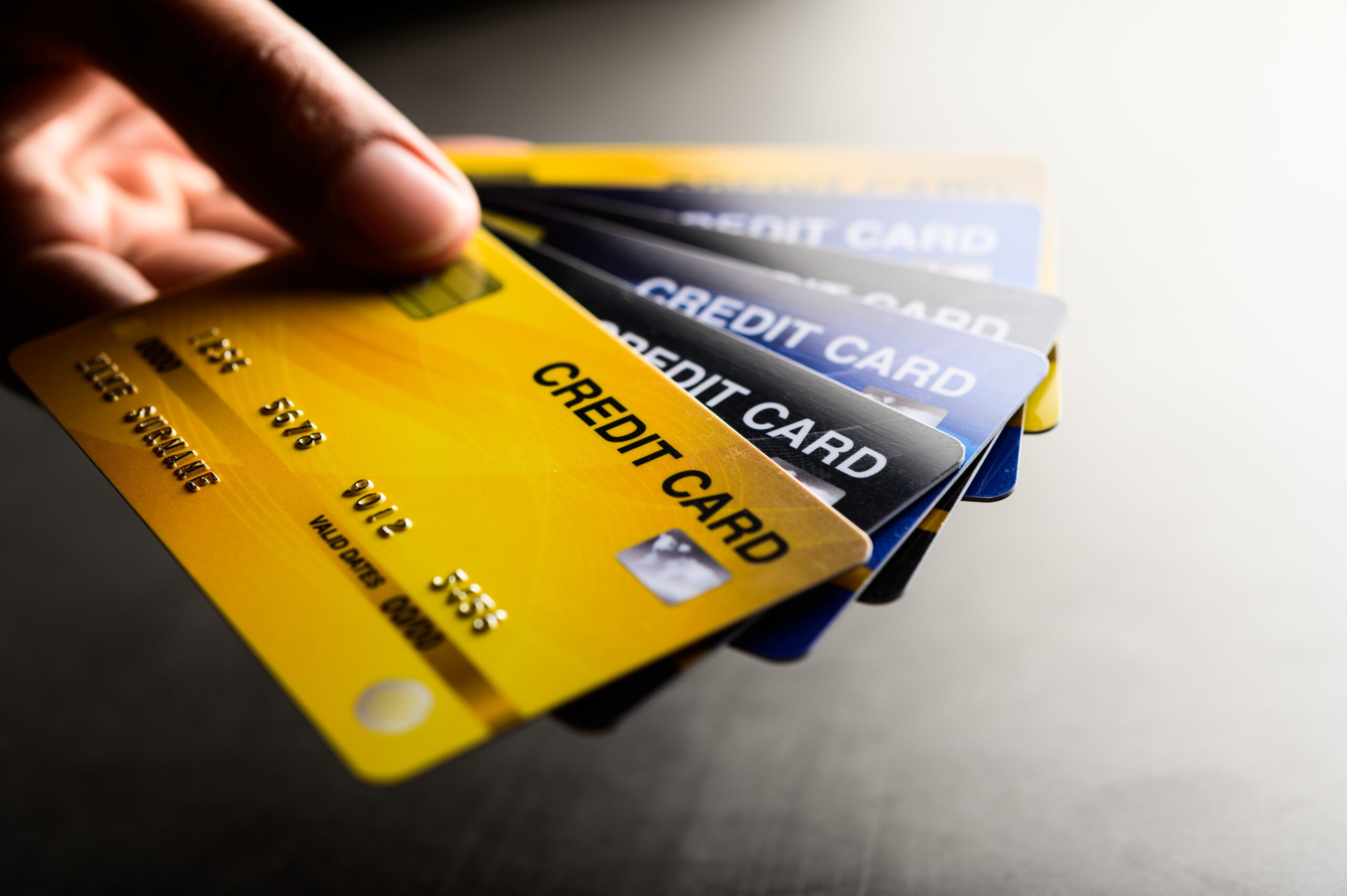Credit cards are often marketed as a symbol of financial freedom — quick purchases, exciting rewards, and the convenience of “buy now, pay later.” But what banks don’t always highlight are the hidden costs and long-term risks attached to credit card use. At Settlement of Loan, we believe that financial awareness is the first step toward avoiding debt traps. Let’s uncover the truth about credit cards so you can use them wisely and protect your financial future.
Here are some important legal and financial aspects of credit cards you should know:
1. Nature of a Credit Card Agreement
A credit card is essentially a loan sanctioned by a bank or financial institution. When you sign the Cardholder Agreement, you legally agree to repay the borrowed amount along with applicable interest, charges, and penalties. Every swipe is a debt obligation, not free money.
2. Interest Rates and Penal Charges
Credit card debt carries some of the highest interest rates in the lending sector—often ranging from 30–45% annually in India. Legally, banks must disclose the applicable charges in the Most Important Terms and Conditions (MITC) & Key Fact Statement (KFS), but many consumers overlook this. Delay in payment not only increases interest but also attracts late fees, finance charges, and GST.
3. Impact on Credit Score
Non-payment or irregular payment of credit card dues is reported to Credit Bureaus like CIBIL, Experian, and Equifax. A poor score can legally affect your access to loans, mortgages, and even employment opportunities in Finance-related sectors.
4. Recovery Proceedings and Legal Action
If dues remain unpaid for a prolonged period, banks and NBFCs may initiate:
• Debt Recovery Tribunal (DRT) proceedings under the Recovery of Debts and Bankruptcy Act, 1993. DRTs specialize in handling default cases for loan amounts of rupees 20 lakhs or above.
• Engagement of recovery agents (who must act under RBI’s Fair Practices Code— harassment or coercion is illegal).
• Legal notices, arbitration, or civil suits for recovery.
5. Rights of the Consumer
As a cardholder, you are not without protection. Legally, you have the right to:
• Request an explanation on interest and charges under the RBI’s Master Circular on Credit Card Operations.
• File complaints against unfair trade practices before the Banking Ombudsman.
• Challenge unlawful recovery tactics through courts or consumer forums.
6. Settlement of Credit Card Dues
If debt spirals beyond control, you can negotiate with the bank for:
• One-time settlement (paying a reduced amount as full and final).
• Restructuring or rescheduling of payment obligations.
• Legal assistance through platforms like Settlement of Loan to safeguard your rights and negotiate fair terms.
7. Preventive Measures
• Always read the Cardholder Agreement.
• Pay at least the minimum due, though clearing the full amount is ideal.
• Avoid cash advances as they attract immediate interest.
• Monitor your credit report regularly for errors or fraudulent use.
Final Word – Awareness Is Power
Banks highlight the glossy side of credit cards — rewards, cashback, lifestyle benefits — but seldom emphasize the real risks of interest, penalties, and long-term debt traps. If managed carefully, credit cards can be useful financial tools. However, if debts have already piled up, the right step is not to panic but to seek professional assistance for settlement and restructuring.
At Settlementofloan, our goal is to guide you out of credit card debt, protect your financial health, and help you rebuild your credit score for the future.




